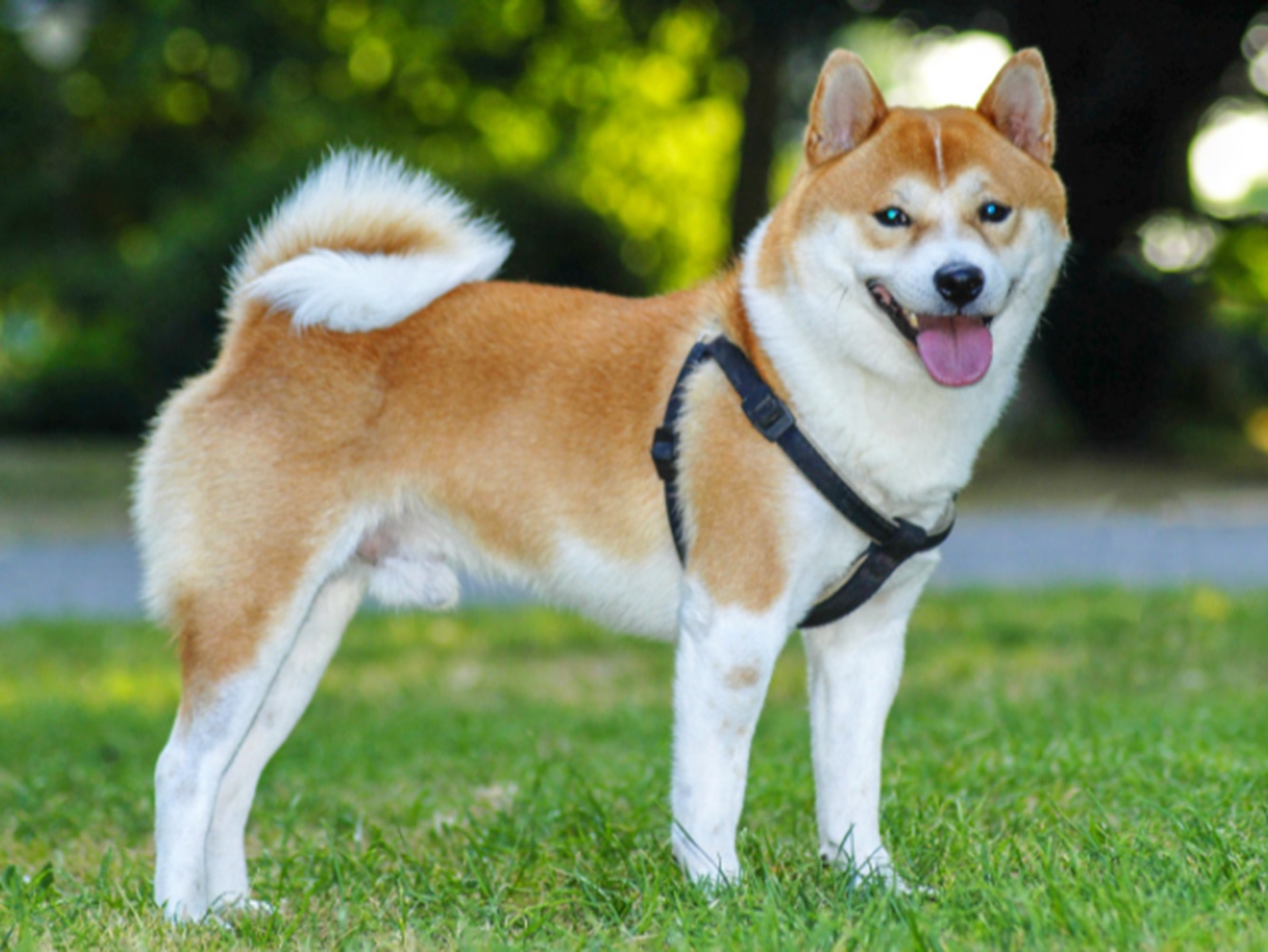CHAPTERS
Navigate to chapter
► Chapter One: Shiba Inu Facts and Descriptions
► Chapter Two: Choosing and Acquiring a Shiba Inu
► Chapter Three: Preparing for Your Shiba Inu
► Chapter Four: Feeding Your Shiba Inu
► Chapter Five: Grooming Your Shiba Inu
► Chapter Six: Training and Behavior Modification
► Chapter Seven: Vet Care for Your Shiba Inu
► Chapter Eight: Showing Your Shiba Inu
► Chapter Nine: Breeding Your Shiba Inu
Chapter Two: Choosing and Acquiring a Shiba Inu

In this chapter, you will learn how to find a good Shiba Inu puppy. There are several very important considerations that you must make as you look at a litter of pups. On top of that, you must also consider the source of your Shiba Inu.
- Do you intend to buy from a breeder or adopt from a shelter?
- How about a rescue organization?
We will look at some of the potential sources of Shiba Inu puppies toward the end of this chapter.
Let’s start by learning how to choose your Shiba Inu puppy.
It can be a very exciting experience looking at a litter of cute and cuddly Shiba Inu pups. They all look so adorable and you almost wish you could take them all home with you. However, this is not the time to allow your emotions to get the best of you. There are certain factors you must consider before taking that plunge.
- Always purchase your puppies from a responsible breeder – We usually refer to them as “ethical breeders” or “hobby breeders.” These are breeders who are officially recognized by the national association of that particular country. If you live in the UK or U.S., make sure the breeder is registered with the UKC or AKC respectively.
- Working with an ethical breederis important because they will help you pick the right puppy. They will share with you the health records of the puppy you want and make sure that you get a dog that has been properly socialized.
- Socialization involves teaching a dog how to relate to people and other animals so that they are neither overly aggressive nor too shy. This is absolutely critical to raising a healthy and happy dog.
A responsible breeder will also make sure that they remove the puppy’s dew claw and vaccinate the entire litter before they reach six weeks of age. You should also note that a responsible breeder will never sell a puppy under the age of seven weeks.
- Determine your personal preferences – What kind of Shiba Inu would you like to have? This is where you have to look at things like temperament, coat color, behavior, and etc. If you want a calm dog that won’t be too hyperactive, look for a puppy that behaves that way. If you lead an active lifestyle, then go for a puppy that is more exuberant.
- Look at the behavior of every puppy in the litter – When you meet the litter for the first time, you may notice that different puppies behave differently, even though they have the same set of parents.
- For example, one puppy in the litter may be too shy while the others appear friendly. This may be a cause for concern because the litter shares the same genes.
- If you are looking for a social dog, then you may have to pick from a different litter. The same advice applies to puppies that appear to be extremely hyperactive.
- View the parents – It is always a good idea to view both parents, if possible. A responsible breeder should have at least one of the parents on site. This will help you get a good look at what your puppy will look like in the future.
These are just some of the factors that will help you make the ideal choice when buying a Shiba Inu puppy. If you are aware of what to look out for, you will end up with a well-bred dog that is the perfect companion for your family.
Making the decision of where to get your Shiba Inu puppy can be a tough one. You are walking home one day, you see a pet store, and you decide to check out what they have. You fall in love with a terribly cute, chocolate-colored Shiba Inu puppy. You start to imagine what it would feel like to own the dog.
When you get home, your friend calls and tells you that her Shiba Inu bitch has just given birth to a litter of pups. She asks you to think about adopting one or two. Later on, you switch on the TV and see a program about dogs that have been rescued by a local shelter. You begin to feel philanthropic and contemplate saving an abandoned Shiba Inu puppy.
You are split on the choices about where to get the puppy of your dreams. You can go to the pet store, adopt one from your friend’s litter, or rescue an abandoned pup. Then you remember something you read in a Shiba Inu eBook that recommended you only buy puppies from a responsible breeder. Darn! Now what?
When it comes to finding a Shiba Inu puppy, there are so many options that you may face. However, each choice has its pros and cons. Some options, however, are downright unethical and shouldn’t even be contemplated.
Let’s run through these options so that you know exactly what to do when it’s time to make a choice.
Option 1: The Pet Store
There are many people who consider this to be a good option. Some dog owners will testify that they bought their Shiba Inu puppy from a pet store and everything went okay. However, out of the four options presented above, this is considered to be the worst, and here’s why.
- The majority of the dogs you see in pet stores have been sourced from “puppy mills.” In case you don’t know what this means, a puppy mill is a farm where puppies are bred in terrible conditions. They are put in tiny cages where they barely get any exercise and cannot even socialize with other dogs or humans. Many local cities have now banned this practice.
- The people who run these mills (commercial and backyard breeders) aren’t interested in the welfare of the dogs. All they care about is selling them off as quickly as possible to make room for the next batch. They then sell off these puppies to pet stores for people to buy. This is why some countries have even banned pet stores from selling puppies.
According to a study conducted by the American Veterinary Medical Association, dogs that are bought in pet stores have a higher chance of developing health problems and generally require more expensive treatment throughout their life. These dogs tend to endure a lot of suffering and this is why most of them have a higher likelihood of developing behavioral and psychological problems.
There are many people out there who will doubt this information. They will tell you that it’s okay to buy from a pet store. However, if we are going to put an end to the inhumane conditions that these puppies live through in puppy mills, we have to stop supporting this practice. There are other better sources.
Continue Reading…
Want to read the entire thing?

